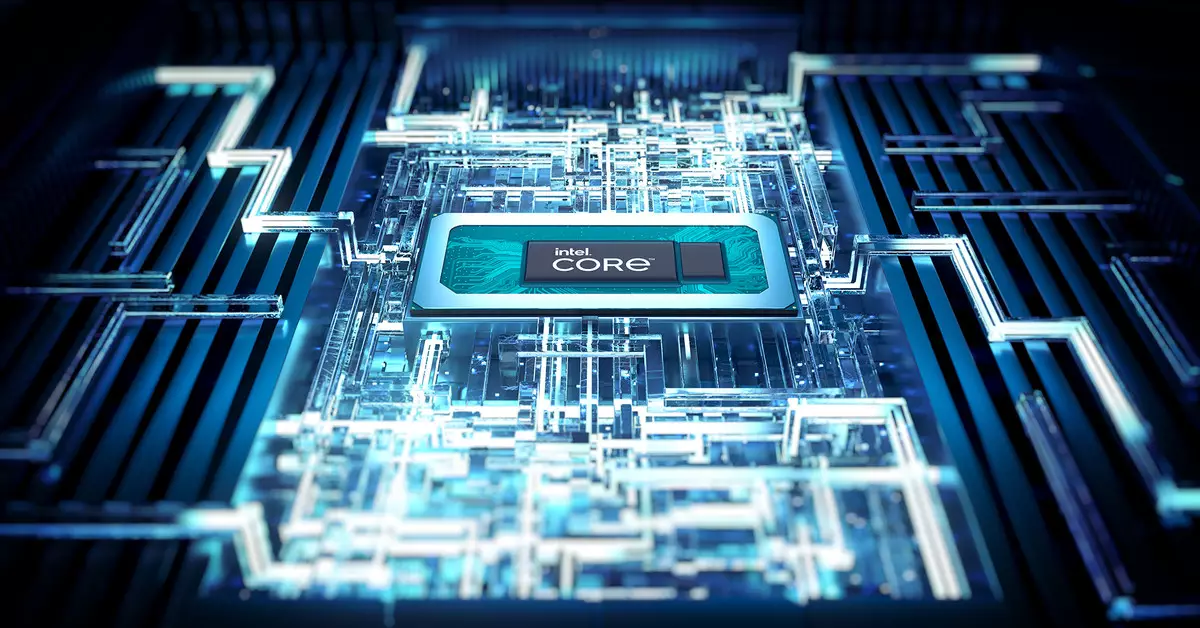After months of speculation regarding the stability of Intel’s laptop chips, the company has finally confirmed that its 13th and 14th Gen laptop chips do not seem to have any instability issues. In fact, Intel claims that these chips are definitely not affected by what they are now calling “Vmin Shift Instability.” This confirmation comes after a game developer, Alderon Games, raised concerns about potential issues with laptop chips.
Intel has provided a list of products that are not affected by the Vmin Shift Instability issue. Among these are 12th Gen Intel Core desktop and mobile processors, Intel Core 13th and 14th Gen i5 (non-K) & i3 desktop processors, Intel Core 13th and 14th Gen mobile processors, including HX-series processors, Intel Xeon processors, and Intel Core Ultra (Series 1) processors.
While most Intel Core 13th and 14th Gen desktop processors are not impacted by the Vmin Shift Instability issue, Intel recommends that users continue to follow specific guidance. This includes ensuring that the system is running with the latest BIOS, utilizing the Intel Default Settings recommendations for their Intel Core 13th and/or 14th Gen desktop processor, and staying informed about BIOS updates through Intel’s Compatibility Tool or their motherboard manufacturer’s website.
Intel has also assured users that its future chips, such as those on the new Arrow Lake and Lunar Lake architectures coming this fall, will not be affected by the Vmin Shift Instability issue. The company is committed to ensuring that future product families are protected against this issue.
It is worth noting that if your i9, i7, or K-series i5 desktop CPU has already been damaged by the Vmin Shift Instability issue, it cannot be repaired. In such cases, users are advised to contact Intel or their PC builder immediately for a replacement. Many PC makers are offering a two-year warranty extension on CPUs affected by the issue, and it is recommended to take advantage of this if necessary.
Intel’s confirmation that its 13th and 14th Gen laptop chips are not affected by the Vmin Shift Instability issue provides reassurance to users concerned about the stability of their devices. By following Intel’s recommendations for BIOS updates and utilizing the latest settings, users can ensure optimal performance and minimize the risk of any potential issues. Intel’s commitment to protecting future product families from similar problems indicates a proactive approach to improving product quality and user experience.


Leave a Reply